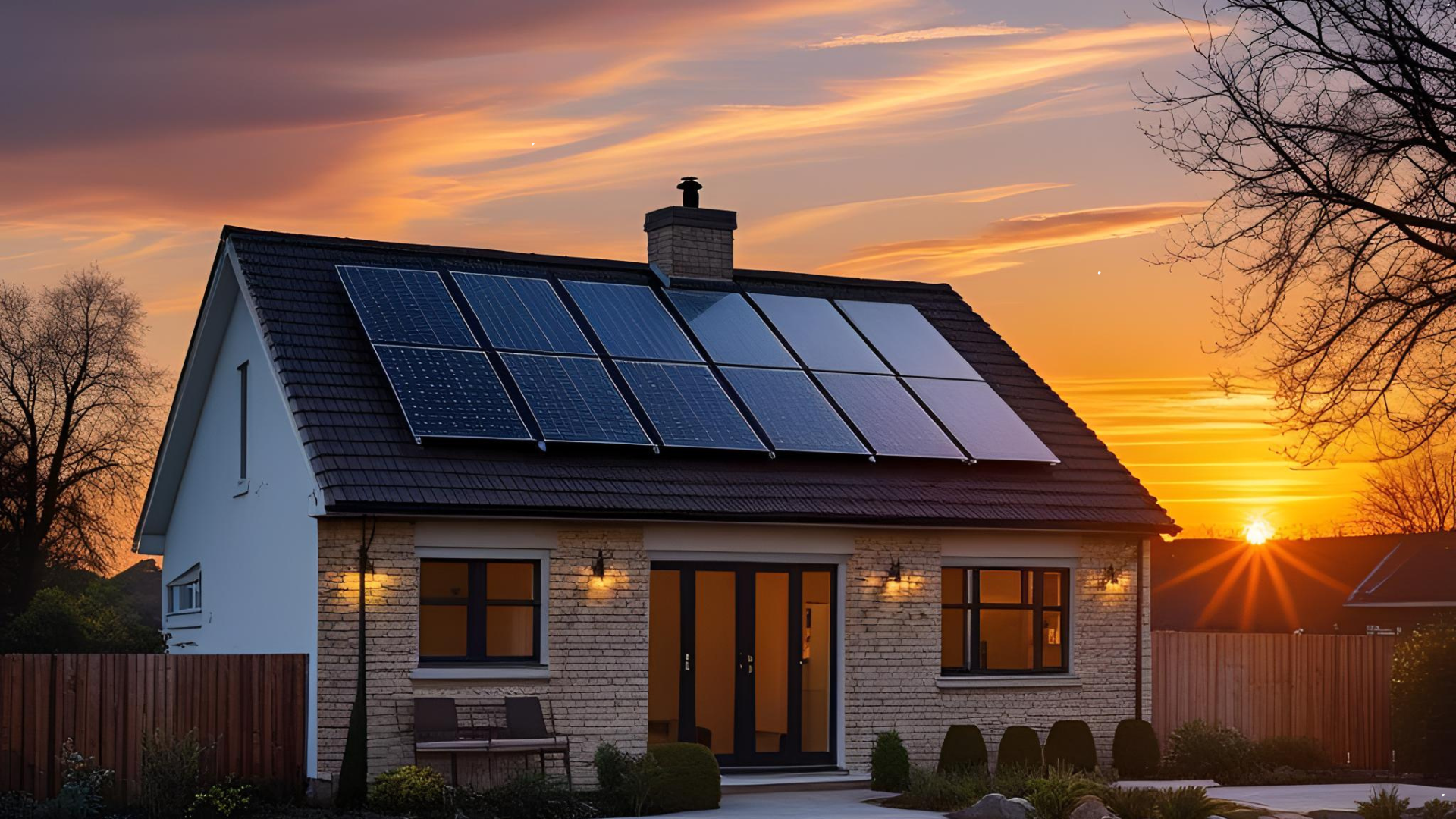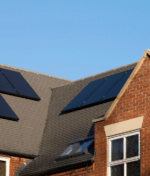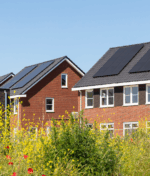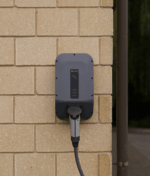
Solar Made Simple: A Beginner’s Guide to Solar PV System Types
Feeling a little lost in all the technical solar jargon? Not sure which system would actually work best for your home? You’re not the only one.
At Solar Suffolk, we often hear the same question:
“What type of solar PV system should I go for?”
The good news is you don’t need to be an engineer to understand the basics. We’ve created a simple guide to the three main solar PV systems types, so you can make a confident, stress free decision.
On-Grid Solar Systems
An on-grid solar system connects directly to the National Grid. It’s the most popular and cost effective option for homes and businesses already on the grid but looking to cut energy bills and reduce reliance on expensive grid electricity.
Here’s how it works: as your panels generate electricity, your inverter feeds it into your home first. Any surplus energy produced will be exported back to the grid, earning you payments through the Smart Export Guarantee (SEG).
The main benefit? You’ll always have backup power from the grid whenever your panels aren’t producing enough, like through the night.
One drawback: in the event of a power cut, your system will shut down automatically. This is a safety measure to protect engineers working to restore power to the grid.
Off-Grid Solar Systems
An off-grid system is completely independent of the National Grid, making it ideal for rural or remote properties, or anyone seeking full energy independence.
Instead of exporting energy, your panels charge a battery system (and often a backup generator) so you have power around the clock.
The big advantage? No electricity bills – ever! You generate and use all of your own free electricity. Off-grid living can give you complete self-sufficiency, no matter where you live.
The trade off: these systems are more expensive to install, since they need larger batteries and more careful design to ensure you always meet your energy needs.
Hybrid Solar Systems
A hybrid solar system combines the best of both worlds, battery storage plus the reliability of being grid connected. Your panels charge a battery during the day and you can use that stored energy later, perfect for evenings or during peak-rate hours. Many hybrid systems also offer an Emergency Power Supply (EPS) function, meaning you’ll still have electricity during a power cut.
Hybrid systems are ideal for households with regular power cuts or high evening usage. While they cost more than a standard on-grid system, they’re far more affordable than going fully off-grid.
Another bonus: batteries are modular, so you can add more storage capacity in the future if your energy needs grow. Plus, you can take advantage of off-peak tariffs to charge your batteries cheaply overnight and still earn SEG payments by exporting surplus daytime electricity.
Choosing the Right Solar PV System
Every home is different, which is why there’s no single “best” system. The right choice depends on your property, lifestyle, budget and long term energy goals.
At Solar Suffolk we don’t believe in one size fits all. Instead, we design every system around your unique energy usage and needs. We offer a free feasibility study, where we’ll explain your options in plain English and help you choose the perfect solar solution for your home.
Solar on your roof. Power in your hands.



